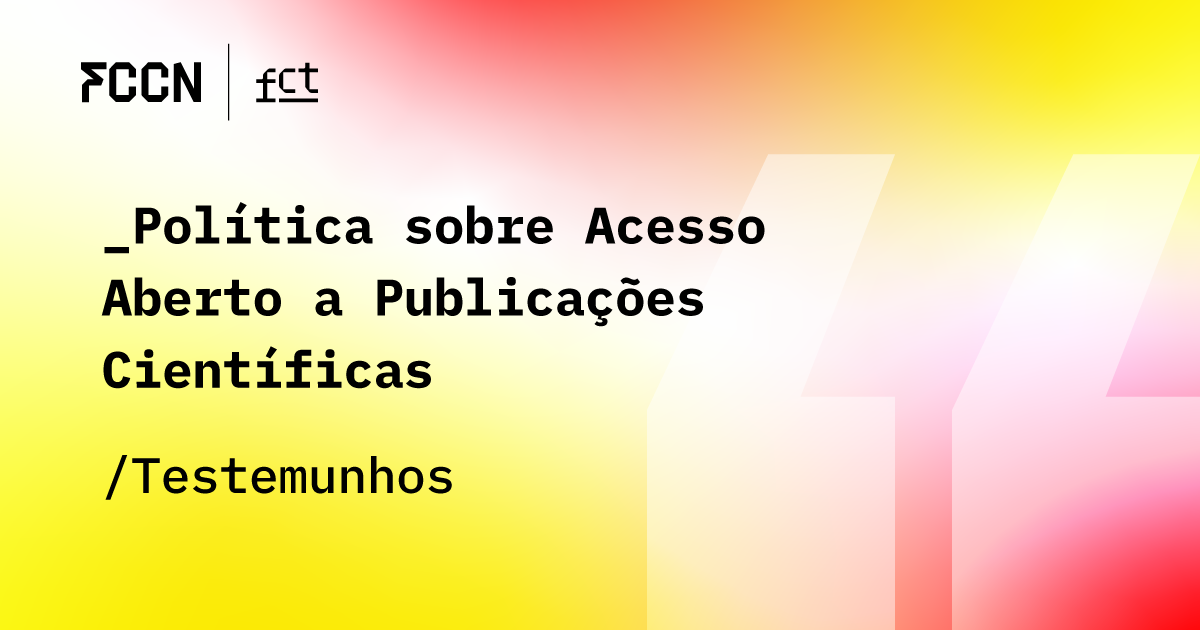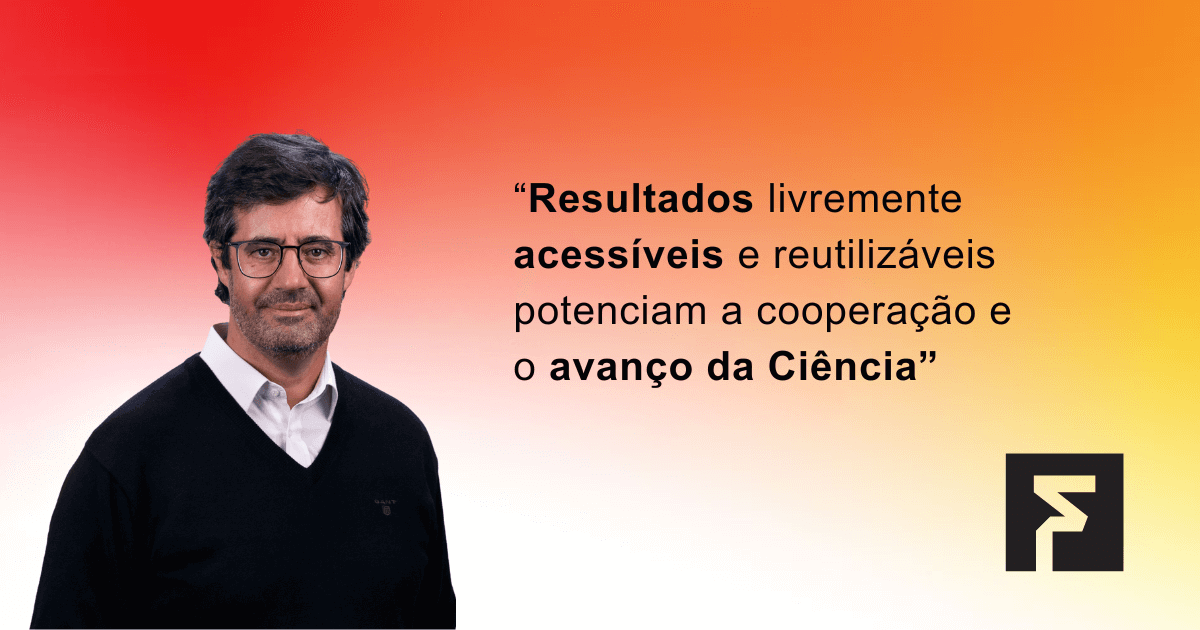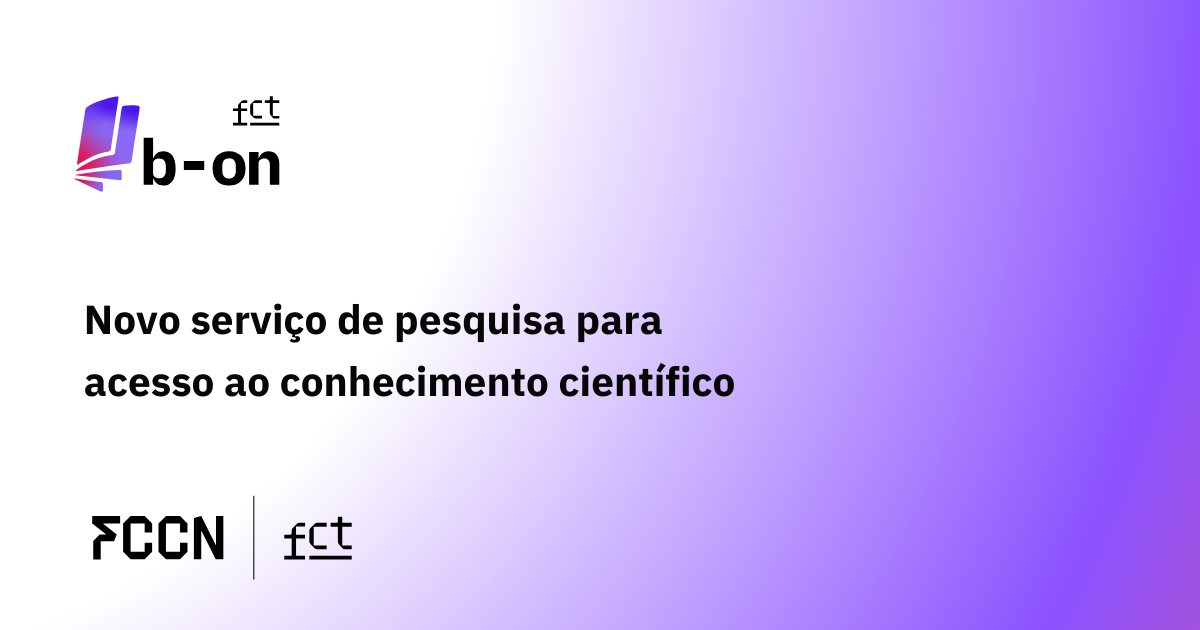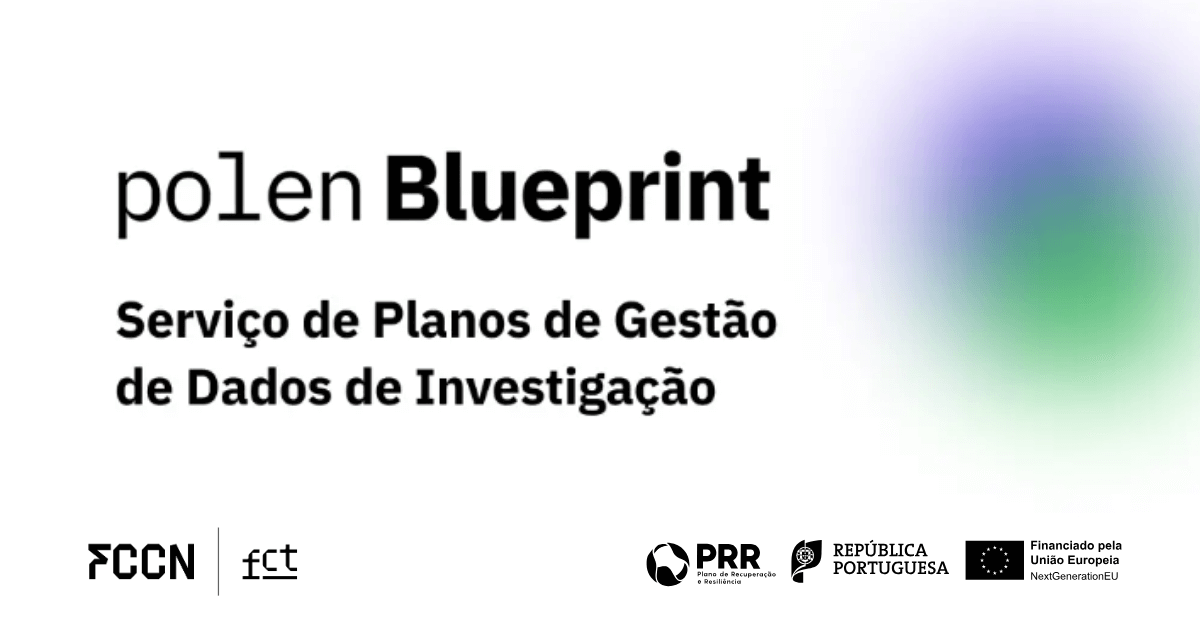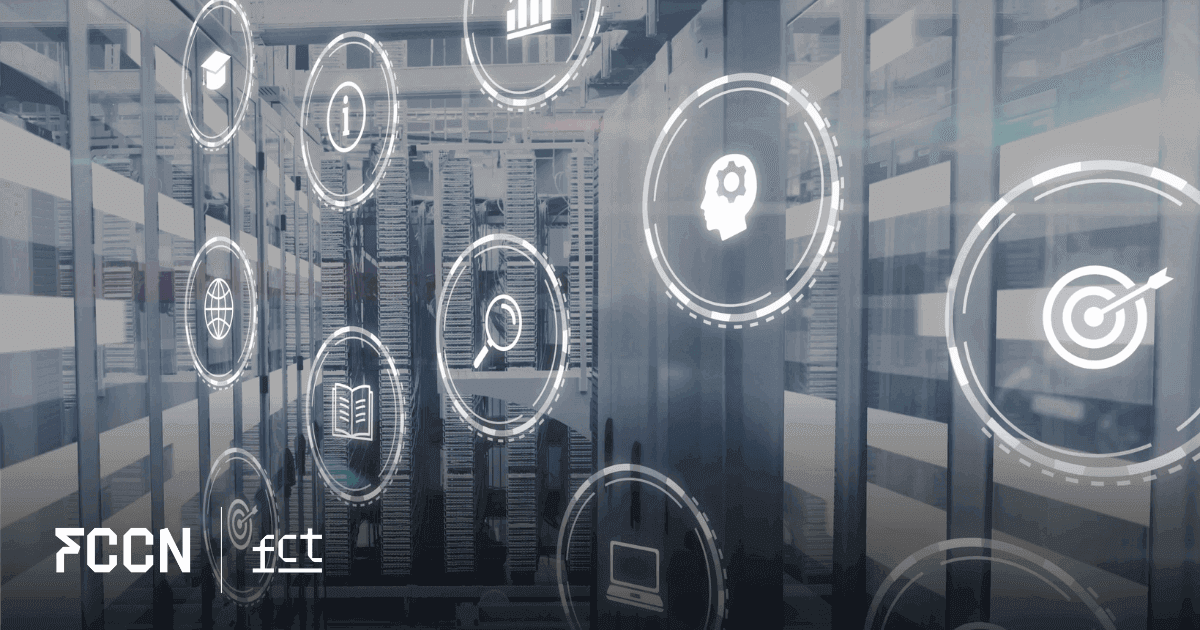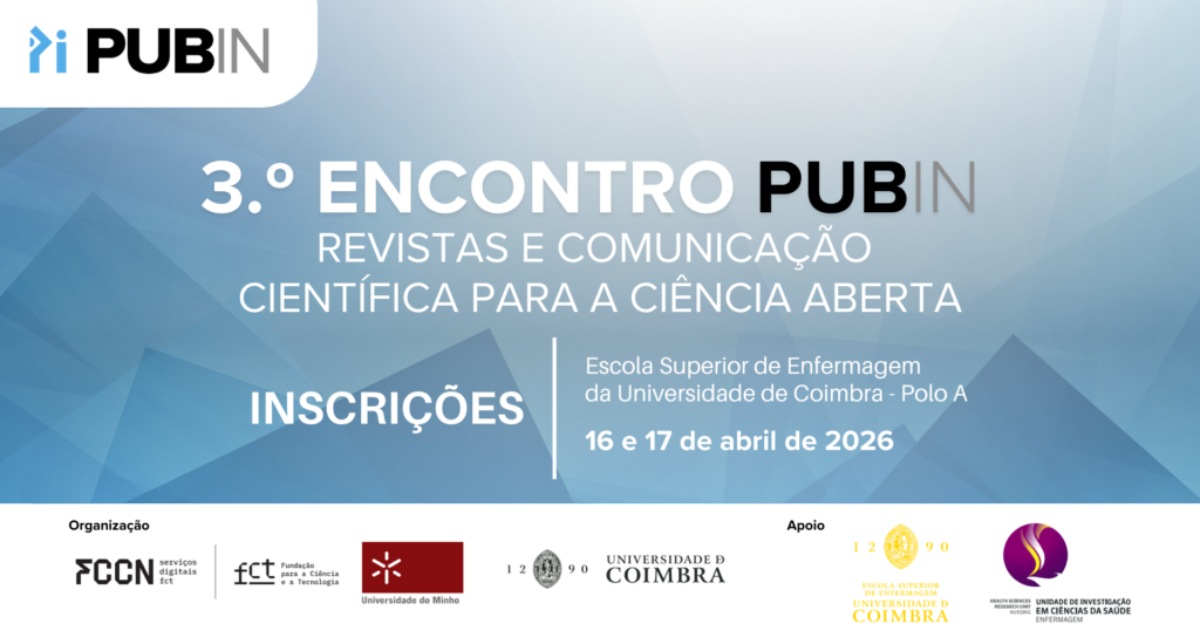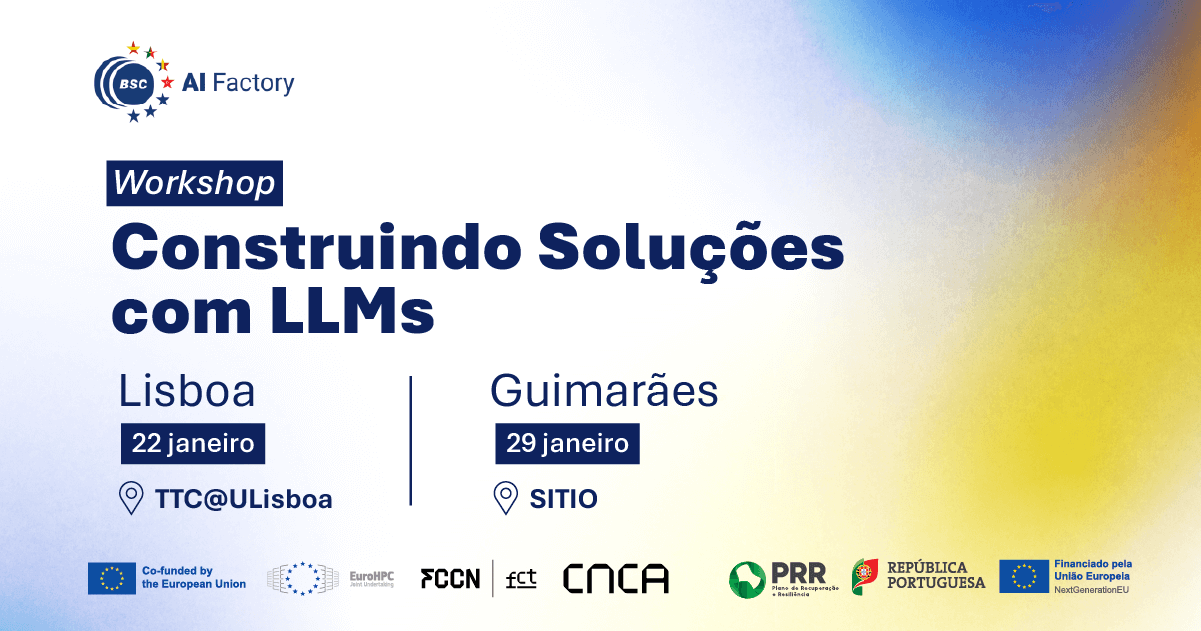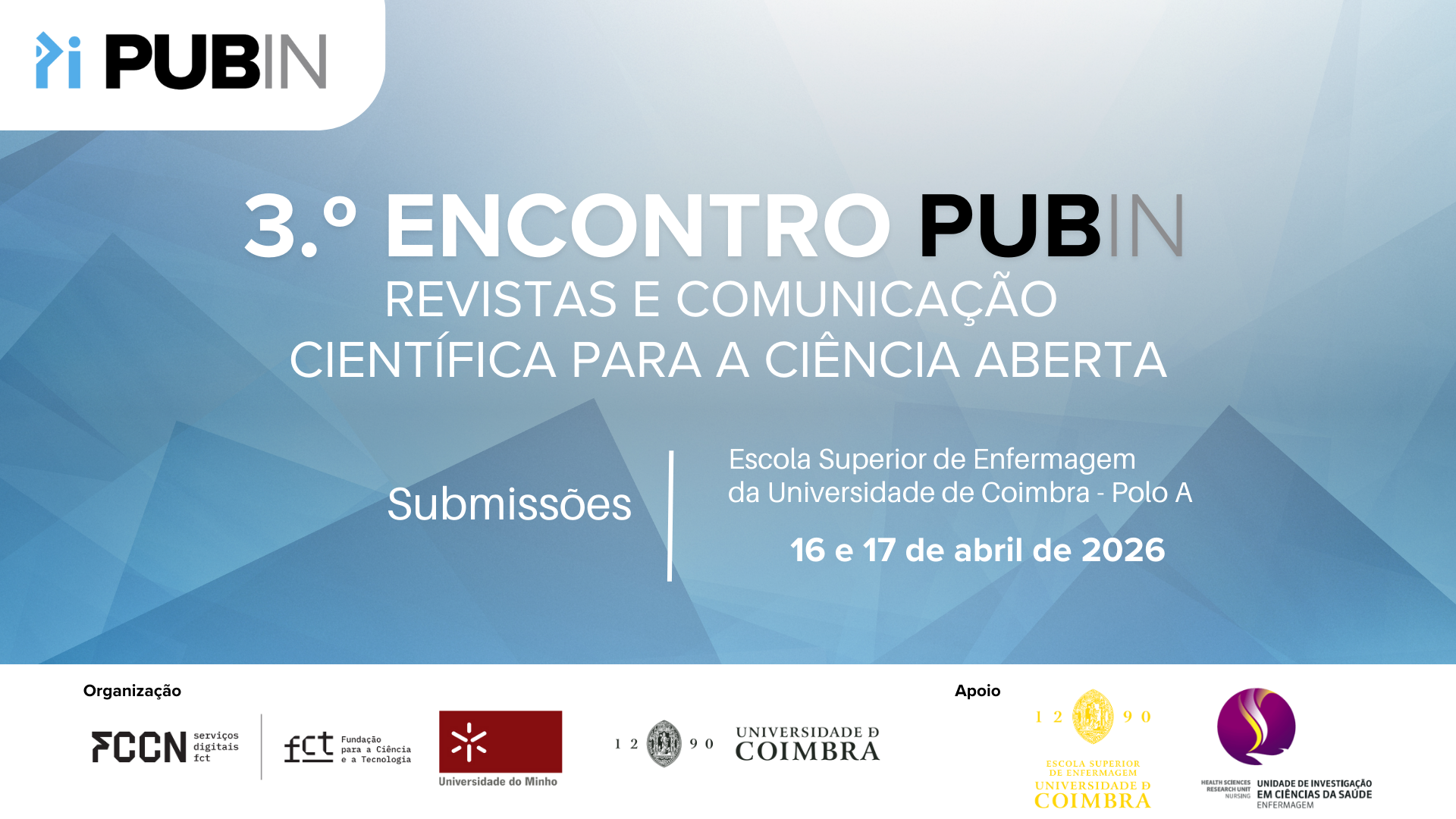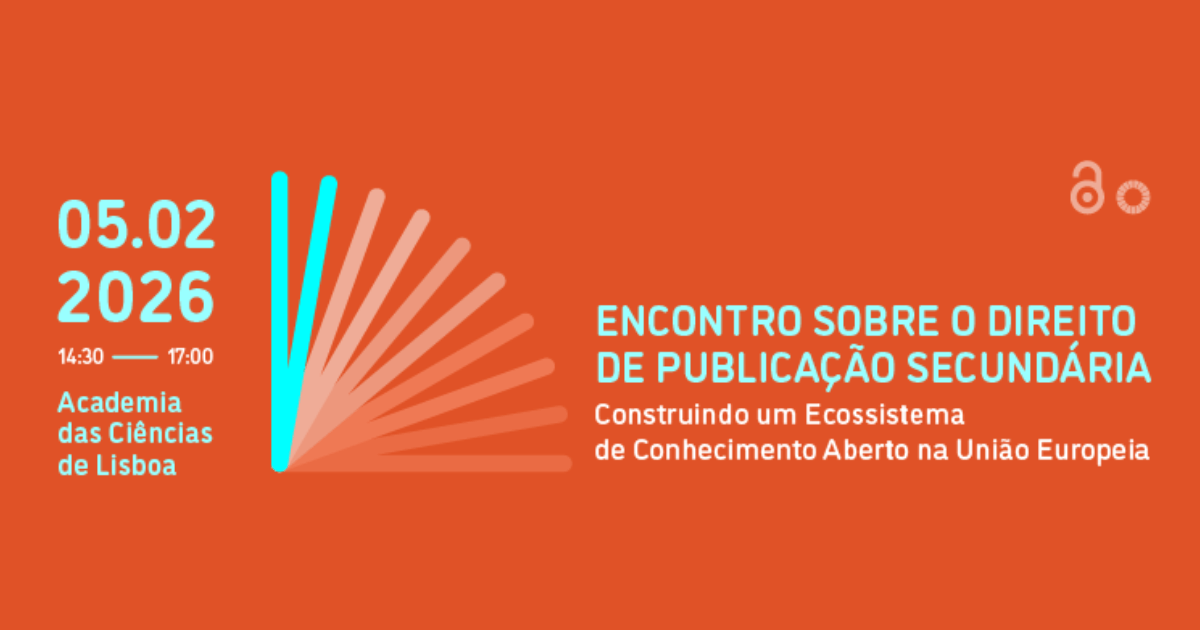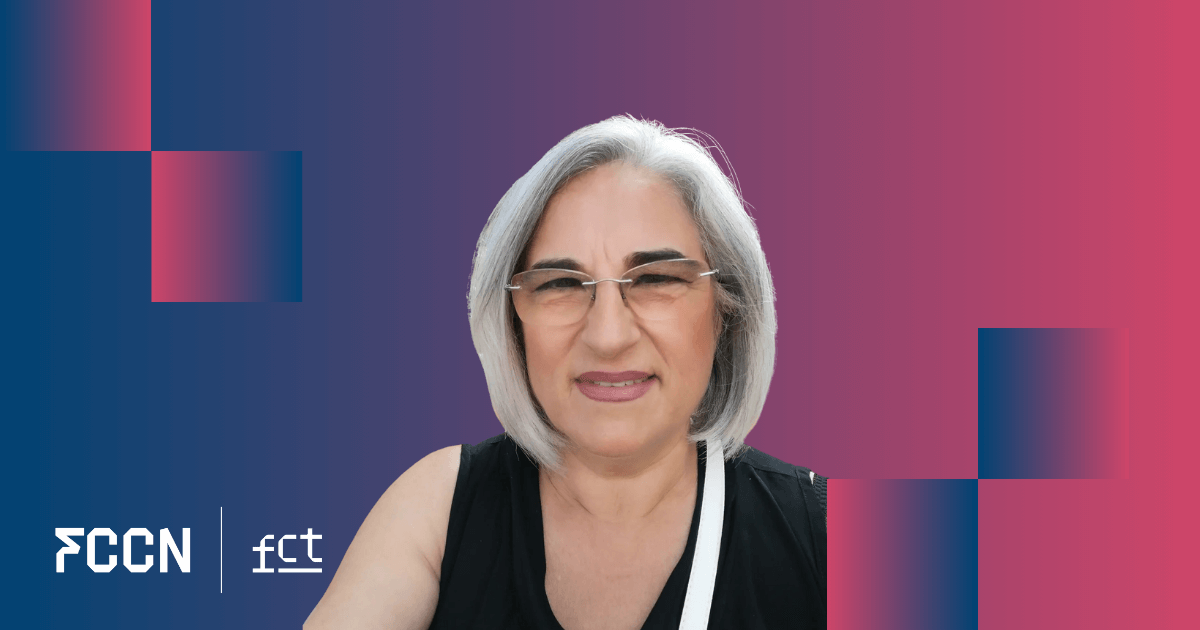
To close out 2024, FCCN, the digital services of the Foundation for Science and Technology, listened to the community about this year of collaboration and work.
Clarisse Pais, coordinator of Documentation and Library Services and manager of the Repositories of the Polytechnic Institute of Bragança, shared her experience and highlighted the main milestones that linked her to FCCN in 2024.
Topics in this article:
This year, how has FCCN contributed to your work and that of your Institution?
The FCCN plays a fundamental role in supporting research and education through a series of initiatives and services. The Documentation and Library Services of the Polytechnic Institute of Bragança (IPB) benefit from a wide range of services, such as b-on, Eduroam, RCAAP/SARI, RCTSaai, Colibri, CienciaID and CienciaVitae and many others that contribute to the development and support of the tasks I perform, becoming less time-consuming and more credible, because they are confirmed by the interoperability between our services and those provided by FCCN.
Which services impacted you the most?
THE creation of a data repository (Polen), the Data Management Plans System and the fact that they are working on the Digital Preservation of information directly impacts the quality and preservation of research and the accessibility of knowledge.
What, in your opinion, is FCCN's greatest impact on the scientific, teaching, and research ecosystem in Portugal?
Support for Open Science, as an important agent in promoting open science in Portugal, facilitating access to scientific publications, research data, and institutional repositories through services such as RCAAP. Having security solutions and technological support in place to ensure that institutional infrastructure and data are protected against cyberthreats is essential for the continuity and credibility of scientific research.
FCCN promotes and guarantees access to advanced digital infrastructures and essential services for research and education. This impact can be observed in connectivity and high-performance networks, in access to computing and data resources, essential for the areas of Artificial Intelligence, big data, etc.
FCCN's global impact lies in the creation of an integrated, efficient, and sustainable ecosystem that fosters innovation and competitiveness in science and education in Portugal. By eliminating technological barriers, the FCCN fosters collaboration and positions the country as a relevant partner in international networks and projects, such as those within the European Research Area. This impact transforms not only higher education and research, but also opportunities for technological development and society as a whole.
Was there any FCCN moment in 2024 that you would like to highlight?
I will highlight the FCCN Conferences and the GDI Forum, because they are sharing initiatives. Here, FCCN's ongoing commitment to the library and computer science community and the scientific community stands out, because they consider various opinions from different backgrounds. stakeholders, thus creating a lasting and positive impact.
What are your ambitions for the relationship between FCCN and your educational institution in the future?
For the future, I aim for this relationship with IPB to focus on strengthen areas of technological collaboration, access to innovative resources and support for digital transformation.
I hope that the relationship between FCCN and IPB will intensify, creating an environment conducive to innovation, digital inclusion, and excellence in teaching and research.
FCCN can be a strategic partner not only for provide resources, but also to inspire structural changes that prepare us for the challenges of education and science.
